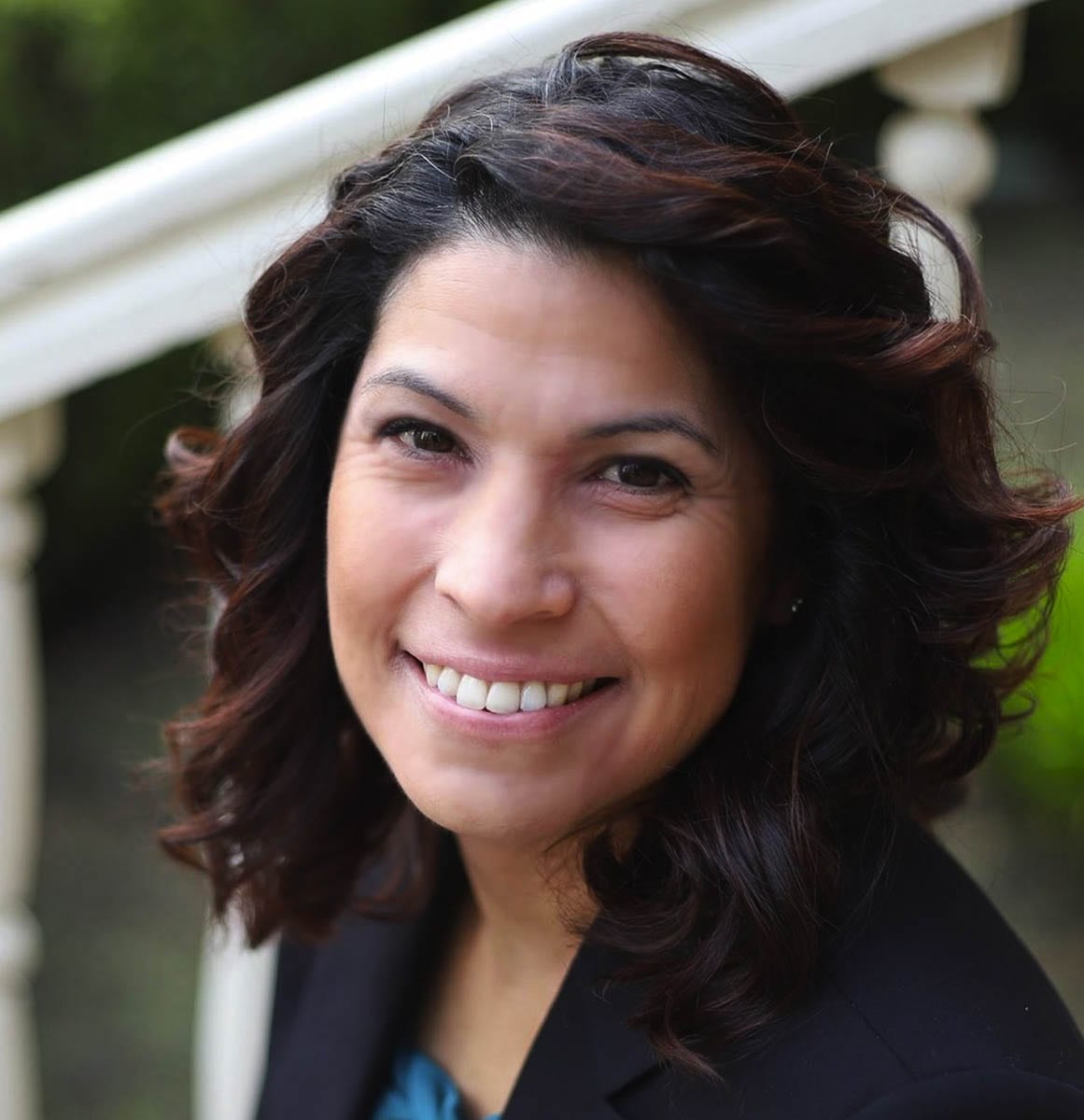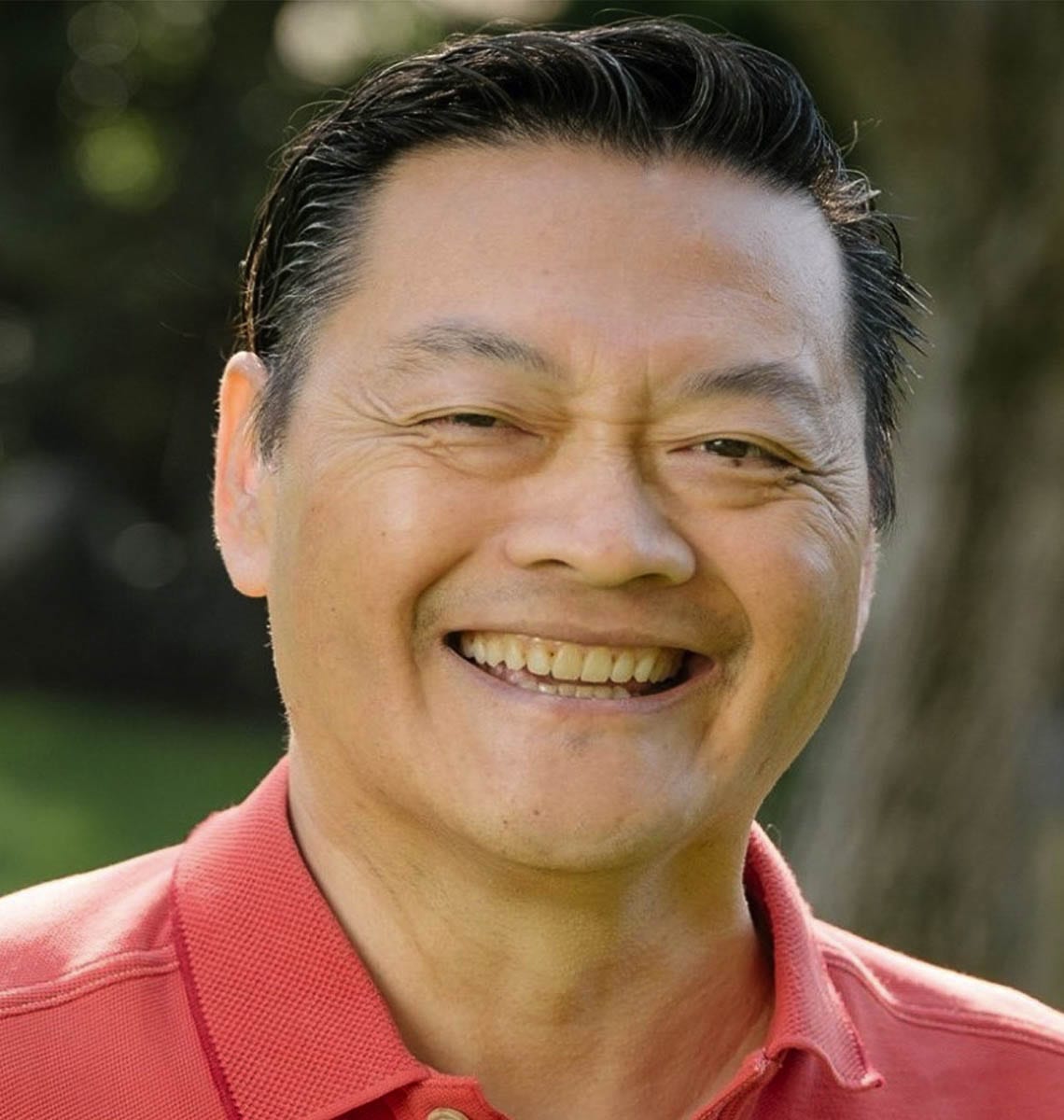Rep. Monica Stonier challenged by Republican Park Llafet in race for state senate seat
CLARK COUNTY — The Nov. 3 general election is almost upon us, and the League of Women Voters Clark County (LWV) organized several candidate forums for residents to watch through a Zoom call format streamed on Clark/Vancouver Television.
On Thursday (Oct.1), the 49th Legislative District faced off; including the candidates for Washington House of Representatives, Position 2. Incumbent Democrat Monica Stonier is running against Republican challenger Park Llafet.
In the Aug. 4 primary election, the aforementioned candidates were joined on the ballot by Independent Troy Potter who received about 7 percent of votes, with Stonier receiving 60.43 percent and Llafet receiving 32.38 percent.
This report focuses on three key questions and candidate responses from the forum, but to view the responses to all eight questions, visit CVTV.org.
Opening statements

Stonier began:
“I’m a mom of two kids who are here in our public schools,” Stonier said. “They’re high schoolers now, and my husband and I have chosen to raise our family here in Southwest Washington, for all of the reasons that many of our community members are here. We have strong schools here, we have a strong economy. It is not without challenges, but our strong leadership from the legislature that has bound together in a bipartisan way in the last several years I think is a demonstration of how things can get done here in Southwest Washington.”
Stonier also thanked and praised the League of Women Voters for putting on their various forums for residents.
“I’m running again, because I want to make good on the commitments I’ve made to voters and be sure to be an ear for them across the county,” Stonier added. “When we’re looking at what challenges the state will be facing here in this tough session coming up; recovering from the COVID economy.”

Llafet followed:
“I’ve been involved with my community for the last 20 some years,” Llafet said. “Serving in various roles as volunteer, starting with my neighborhood association, PTA president at my children’s Elementary School. Also with the Evergreen school district Foundation Board, raising funds for teachers and children, as well as serving on the Vancouver Symphony board.”
Llafet said he believes his varied and personal community experiences have prepared him through understanding how people are working.
“I would like to further my efforts with our community by running in this next level of leadership,” Llafet added. “I believe that I will be a good person, bringing both listening, bringing a sense of working together and getting the job done and in getting goals accomplished.”
Question: What are your top two priorities for the 49th Legislative District that should be addressed in the legislature in the next two year session? How would you promote these priorities?
Llafet began:
“I see that the two main goals that I’d like to see is the economy and education,” Llafet said. “Number one in this in regards to the economy, we are facing 340,000 unemployed people, as this number just came out in August … I think even more importantly, Southwest Washington needs to be strong so that we’re not encumbered by some of these other issues in the state. I also believe in education, we ranked in the lower part of our country in literacy of meeting adequate yearly progress. I believe that more parents are looking to other choices of education.”
Llafet also spoke to the effects of the pandemic on the state economy, saying he believes the longer the state is suspended in a Phase-2-like approach, the longer it could take to see a return to healthy commerce.
Stonier followed:
“I think opening our businesses and our economy and also our schools is an incredibly important goal,” Stonier said. “But we have a different tact to it, just thinking about how to do it in a way that is safe for the community.”
The incumbent representative explained that she sees reopening the entirety of the state sooner rather than later as potentially devastating to the restaurants, small businesses and needy families who need it most, since it could cause another total shutdown.
“We have seen in states across the country where regulations are loose, and people are walking around without any regard for the safety that is needed wearing masks and distancing,” Stonier added. “That increases the number of cases and increases the number of deaths related to COVID. So if our schools and our small businesses are going to open, as my opponent and I agree is a priority, we have to pay close attention to the public health regulations that are in place.”
Question: Do you think there needs to be any reform of policing in Washington? If so, what legislation would you propose? If not, please give your reasons.
Llafet began:
“I believe that we cannot defund our police,” Llafet said. “A large majority of our African American community also agree we cannot defund our police. In fact, we must give more resources to our police. Yes, we need to do reform. Yes, we need to hold them accountable, but we cannot defund them. What is more important is the safety of our cities that we have seen in Seattle and Portland, that have gone with amazing, reckless destruction, and mayors have not been able to make those cities safe. Those small businesses have been suffering also as a result of the lawlessness in those cities.”
Llafet also spoke to systemic racism in relation to the issue of policing, saying he believes systemic racism does exist in the form of some legislation, but is not rampant. He said he sees raising up minority leadership as more important.
Stonier followed:
“I believe there needs to be reform in policing,” Stonier said. “But I think we’re fortunate here in Southwest Washington, the policy requests that have been put forward, are actually in place here in Vancouver, by our police department. We know that our police department here has a standard for training and accountability that’s higher than many others in the state. I think the rest of the state can look to the Vancouver Police Department for some guidance on not only on what to do right, and how to do it well, but also on how to come to the community about what they know they can improve on. In my conversations with law enforcement, I’ve been incredibly thankful for the leadership that we’ve seen here.”
Stonier went on to say she believes institutional racism does exist in policing, but she also believes in empowering law enforcement officers who are “heroes in the field,’’ and want to see change in their agencies.
Question: What can and should the state do to decrease the number of families and individuals who are homeless?
Llafet began:
“I think one of the main things of homelessness is what is the cost of housing?” Llafet said. “Clark County Today recently reported that the average cost of a brand new home is right around $375,000. What that means, essentially, is that a family wage earner must make around $92,000. Well, the fact is most wage earners here in Clark County are making $74,000. So we see this huge gap.”
Llafet explained that he sees increased regulations and reduced construction workers as pertinent causes for housing shortages.
“We need to work on deregulating some of the building industry,” Llafet added. “Folks in the BIA would say legislators need to take the lead on this.”
Stonier followed:
“Affordability is not only impacted by the cost of housing, it’s also impacted by a person’s ability to afford that housing,” Stonier said. “That is directly related to the income inequality in this country. That is exacerbated in this state by a regressive tax structure that says in Washington state, if you happen to be really wealthy, you’re going to pay a far less percentage of taxes for our state than those who are middle and lower income, and I think that’s wrong. That’s having a direct impact on people’s ability to afford homes.”
Stonier elaborated on her concerns with single family zoning.
“In addition to that, I would say that the single family zoning that is in place needs to be reevaluated so that we can see some mixed use and increase some of the capacity,” Stonier added. “So that we can provide some of the services that would also be accessible in some of those urban areas.”
Closing statements
Llafet began:
“I really do believe that the time is now to move our state in a different direction. For the last many years, we have continually used taxes, and then we call it progressive tax. But I believe it’s a regressive tax: income, the B&O, the capital gains tax. We cannot just simply tax our citizens. For Southwest Washington, we need to look to get the new bridge built and get that done. We just recently about a week ago, we’re dealing with the bridge being hampered. And thirdly, I really do believe in parent choice. Parents have the ultimate choice in educating their children in the curriculum that they see fit.”
Stonier followed:
“As I said in my introduction, it’s clear to me that Southwest Washington expects to see legislators who are working together on their behalf. I think that the Washington state delegation has made considerable gains, there’s a little bit of room for improvement. I’m grateful that I was endorsed by the Columbian that recognized that my bipartisan work is important and that I have a record of doing that. I also appreciate that I’ve had the opportunity to deliver on values that I know I share with many of my supporters. Like doing what we can in Washington state about balancing the income inequality that we see, not just in the country, but what we can do here in Washington state. Acknowledging that racial injustice does exist in our institutions, and that we personally have a role in fixing that. Standing up for women’s rights to make decisions about their own health, and recognizing that, including all people in our policies, is really important, including our LGBTQ community that’s been left out of many of those. So I’m asking to return.”




